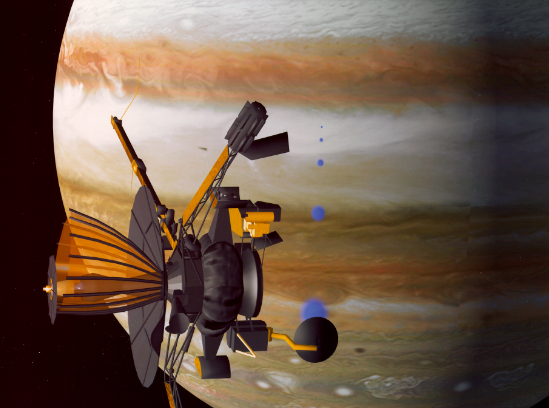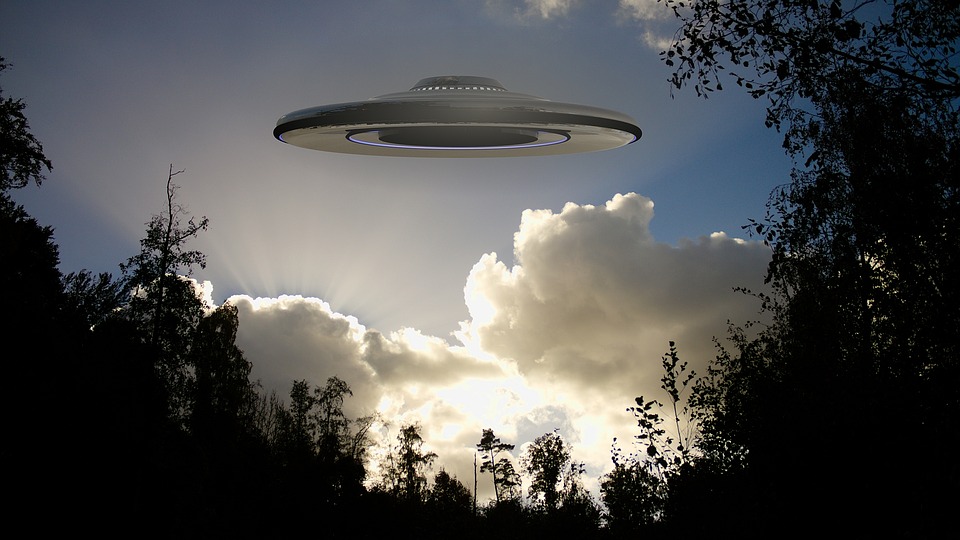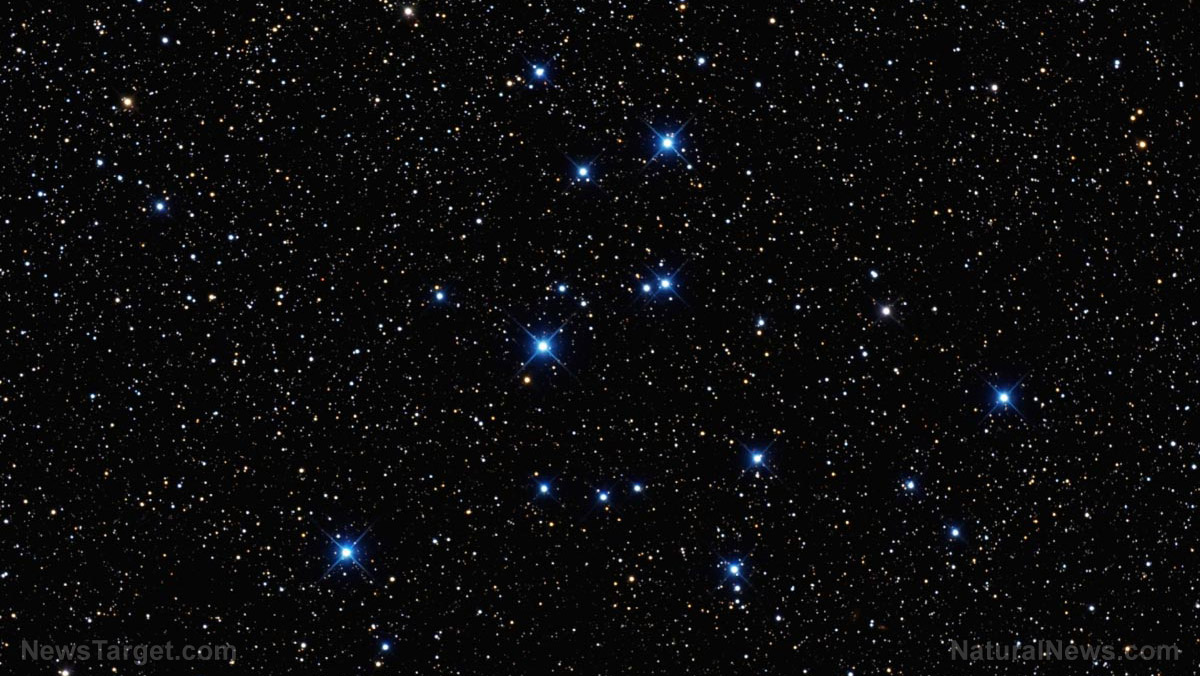
A German researcher did not believe it was possible to justify the environmental protection of planets outside our solar system on the grounds of potential use by humankind in the future. He also believed it was irrelevant to regulate the environments of exoplanets that can support life if the same worlds happened to be lifeless in the first place.
Existing environmental regulations apply to the planets within our solar system. Furthermore, extraterrestrial lifeforms only merit protection if it is possible to investigate them.
There are many exoplanets throughout the Milky Way galaxy. The atmospheres of many of these worlds contain sufficient amounts of oxygen to support terrestrial life, such as human beings. However, most of the alien planets lack any form of life on their surface.
Goethe University researcher Claudius Gros analyzed the issue of environmental protection for exoplanets. He noted that environmental regulations sought to ensure that future generations of human beings could enjoy access to clean air and water necessary for their survival and health.
Environmental regulations place human needs ahead of the needs of other developed organisms like animals and plants. Microorganisms and other lower life forms get the short end of the stick. Bacteria and the like only get protected if they are useful for humans. (Related: New, exotic class of planets outside our solar system made out of GEMS.)
Environmental regulations prioritize human needs and judges alien life by its value to research
A theoretical physicist at Goethe's Frankfurt campus, Gros looked at real-life issues that involve environmental protection on Earth. He used the terrestrial analogs as the measuring stick for the application of environmental regulations to exoplanets.
The Committee on Space Research (COSPAR) set up international agreements regarding space research in the solar system. Signatories agreed to avoid contaminating existing lifeforms or evidence of earlier organisms.
For example, Europa and other moons might contain simple forms of life. Meanwhile, Mars supposedly supported life in the distant past. The COSPAR regulations sought to preserve the potential evidence of extraterrestrial life for scientific studies.
Notably, the COSPAR guidelines did not say anything about extraterrestrial life being important in and of itself. The protection of alien life depended on its value to human research.
Expert says humans are not going to bother protecting the environments of exoplanets
The COSPAR agreements apply within the boundaries of our solar system. Experts have not yet considered extending those environmental regulations to exoplanets in other planetary systems. Perhaps they can spare the idea some effort, given Breakthrough Starshot and other initiatives are working on small space probes that can reach distant stars.
Gros said that it made little sense for space agencies and space-capable nations to bother with setting environmental regulations for exoplanets. For one thing, the current state of space technology meant spacecraft needed thousands of years to reach another star system. By the time they arrived, their makers would be long dead.
Also, the absence of life on an exoplanet removed any urge to protect its environment. Why waste time and energy preserving the environment of a world if there wasn't anything alive on it at the moment?
Furthermore, free oxygen disrupted the chemical reactions needed for the formation of primitive life. By the time humans reached oxygen-rich exoplanets, the worlds might still be devoid of life.
“Whether there is another way for life to form on these oxygen planets is an open question at this time," explained Gros. “If not, we would find ourselves living in a universe in which most of the habitable planets are lifeless, and thus suitable for settlement by terrestrial life forms."
Sources include:
Goethe-University-Frankfurt.de
Please contact us for more information.





















